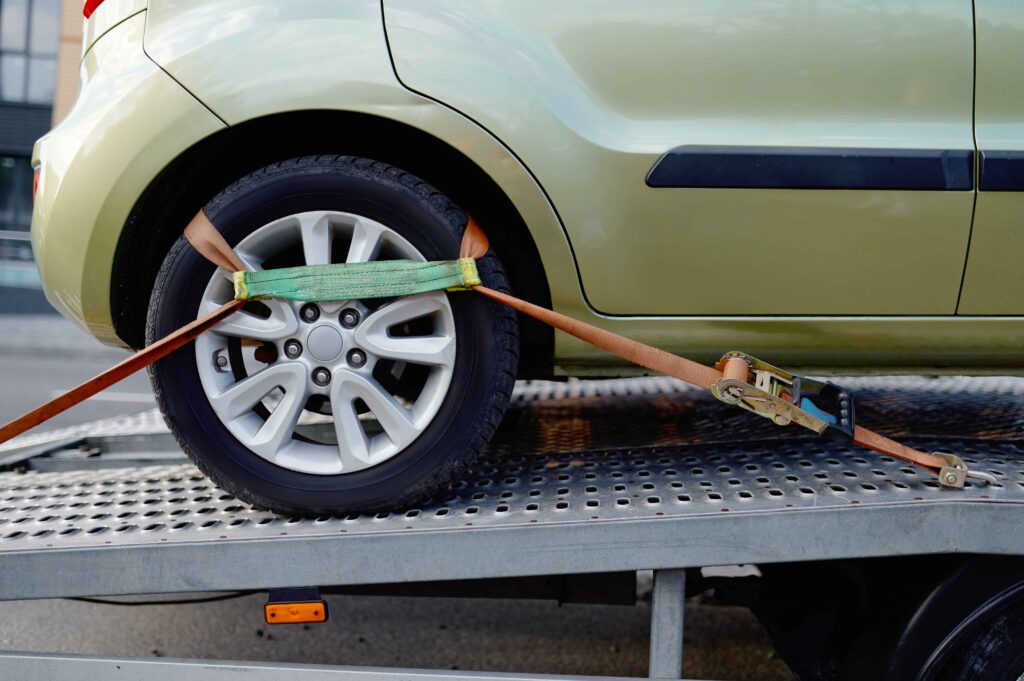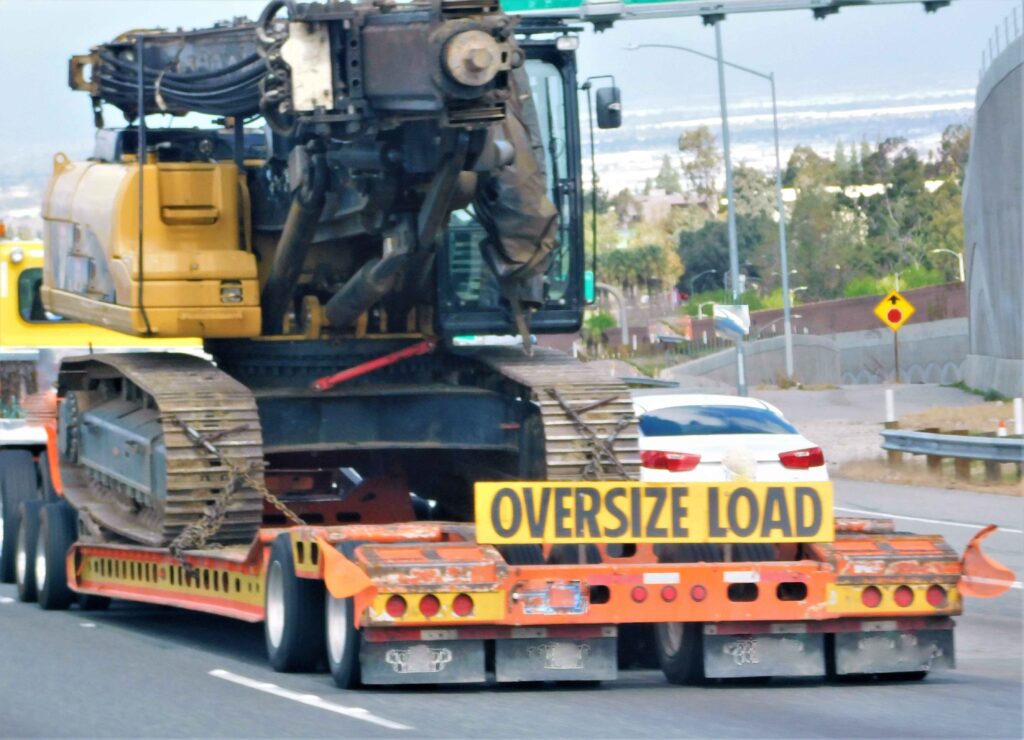Towing vehicles in Texas is regulated by strict state laws designed to protect drivers, vehicle owners, towing companies, and property owners alike. Whether you are a towing operator, a property owner authorizing a tow, or a driver who has had your vehicle towed, it’s important to understand towing regulations in Texas to ensure everything is handled legally and fairly. This comprehensive guide covers key aspects of Texas towing regulations, including licensing, signage requirements, consent and non-consent tows, fees, and your rights as a vehicle owner.
Who Regulates Towing in Texas?
In Texas, the towing industry is regulated by the Texas Department of Licensing and Regulation (TDLR). The TDLR oversees licensing, sets standards for operations, and handles complaints regarding towing companies and vehicle storage facilities. Tow truck drivers must be licensed and carry the appropriate certifications depending on the type of towing they perform, such as light-, medium-, or heavy-duty towing.
Failure to comply with TDLR rules can result in fines, license suspension, or even revocation of a company’s right to operate in Texas.
Licensing Requirements for Tow Operators

Texas towing regulations require that all towing companies and tow truck operators be licensed. There are three main types of licenses:
- Incident Management License: Required for operators who tow vehicles from accidents or incidents on public roadways.
- Private Property License: Required for operators who remove unauthorized vehicles from private property.
- Consent Tow License: Required for operators who tow vehicles with the owner’s permission.
Tow truck drivers must also undergo background checks, complete an approved education course, and maintain liability insurance as mandated by the state.
Consent vs. Non-Consent Towing
One of the most important distinctions under towing regulations in Texas is the difference between consent and non-consent towing:
- Consent Tow: When the vehicle owner gives permission for their vehicle to be towed.
- Non-Consent Tow: When the vehicle is towed without the owner’s permission, usually from private property or after an accident.
Strict rules govern non-consent tows, including notification procedures, maximum allowable fees, and the rights of vehicle owners to retrieve their vehicles.
Private Property Towing and Signage Requirements
Property owners must follow specific rules if they wish to have unauthorized vehicles towed from their premises. Texas towing regulations mandate:
- Clear signage must be posted at all entrances.
- Signs must meet size, language, and visibility requirements.
- Signs must state that unauthorized vehicles will be towed at the owner’s expense.
- Towing from residential properties typically requires written authorization for each tow, unless a general towing agreement exists.
Towing without proper signage can make a property owner and towing company liable for damages.
Notification Requirements After a Tow
Once a vehicle has been towed, Texas towing regulations require the towing company to notify the vehicle owner within specific time frames:
- If the vehicle is towed to a storage facility, the facility must send a written notice to the registered owner and lienholder within 5 days.
- The notice must include the vehicle’s location, the reason for the tow, and the fees required to retrieve the vehicle.
Failing to provide proper notice can result in penalties against the towing company.
Towing Fees and Limits in Texas
Towing and storage fees in Texas are regulated to prevent predatory practices. The maximum allowable charges are set by the TDLR and local municipalities. Common regulated charges include:
- Towing fee based on the type of vehicle and tow.
- Daily storage fee at the vehicle storage facility.
- Additional administrative or notification fees.
Vehicle owners are entitled to an itemized bill. If they believe fees are excessive or unauthorized, they can request a TDLR hearing.
Your Rights if Your Vehicle Is Towed
If your vehicle is towed in Texas, you have specific rights under state law:
- Retrieve your vehicle: You can reclaim your vehicle 24/7 by paying the required fees.
- Request a tow hearing: If you believe your vehicle was towed unlawfully or fees are unreasonable, you can request a hearing in the local Justice of the Peace court within 14 days of receiving notice.
- Pay and protest: You can pay the fees under protest and still challenge the legality of the tow.
Understanding your rights ensures that you can act quickly if your vehicle is towed improperly.
Heavy-Duty Towing Regulations
For heavy-duty vehicles such as semis, buses, or construction equipment, additional regulations apply. Heavy-duty tow operators must have specialized equipment, additional training, and proper licensing. Texas towing regulations require adherence to strict safety standards when moving large vehicles to avoid causing accidents or roadway obstructions.
Penalties for Violating Towing Regulations in Texas

Towing companies that violate Texas towing regulations may face serious penalties, including:
- Fines assessed by the TDLR.
- License suspension or revocation.
- Civil lawsuits by affected vehicle owners.
Vehicle owners who believe their rights were violated should file a complaint with the TDLR or consult with legal counsel for further options.
About R&T Towing
At R&T Towing, we take Texas towing regulations seriously. Based in Houston and proudly serving surrounding areas like Austin and Dallas, we provide reliable and affordable heavy-duty towing and roadside assistance services. Our team of licensed and experienced operators ensures that every tow is performed legally, safely, and efficiently. Whether you need emergency towing, accident recovery, or roadside help, you can trust R&T Towing to deliver professional service 24/7.
Need a Tow? Contact R&T Towing for Assistance
Navigating towing regulations in Texas can be challenging, but knowing your rights and responsibilities helps protect both vehicle owners and towing operators. Whether you’re dealing with private property towing, consent tows, or heavy-duty recovery, following Texas towing regulations ensures fairness and legal compliance.
If you are located in or around Houston, Austin, or Dallas and need a professional, experienced towing company that follows all state towing laws, contact us at R&T Towing today. Submit a contact form or call us directly at (832) 588-5314 for immediate emergency assistance. We’re available 24 hours a day, 7 days a week to help you whenever you need us!
FAQs
Yes, all tow truck drivers in Texas must be licensed by the TDLR. Drivers must complete approved training, pass a background check, and hold the appropriate type of towing license based on the services they provide.
Yes, towing from private property requires clear signage at all entrances and, in some cases, written authorization for each tow. If these requirements are not met, the tow could be considered illegal under Texas law.
The towing company or vehicle storage facility must send written notice to the registered owner and any lienholders within five days after the vehicle is towed. The notice must include details about where the vehicle is stored and how to retrieve it.
You can request a tow hearing through the local Justice of the Peace court within 14 days of receiving notice. You also have the right to pay the towing fees under protest and contest the tow later.
